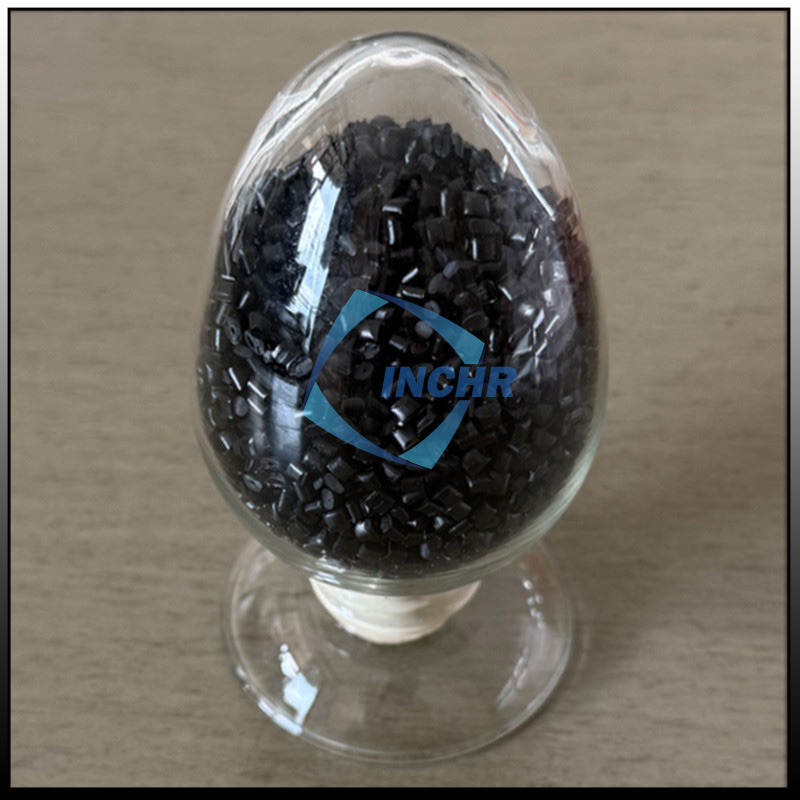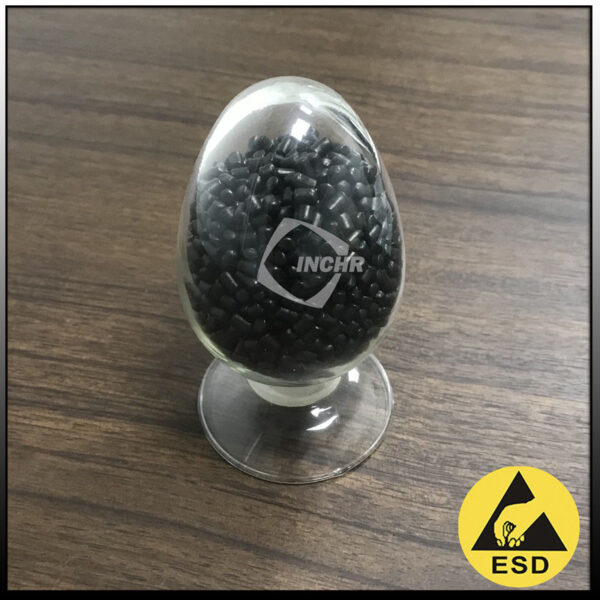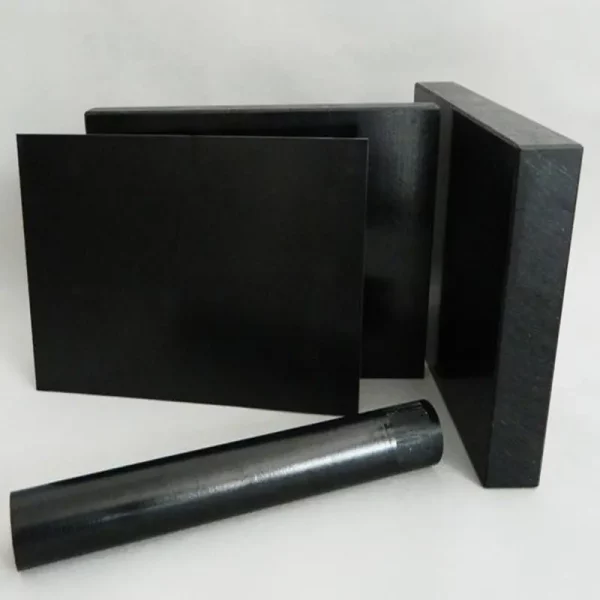Carbon Fiber-Reinforced Nylon: Powering the Future of Engineering
In a world where efficiency, sustainability, and performance are non-negotiable, carbon fiber reinforced nylon (CFRN) has emerged as a material of choice for engineers and designers. This advanced composite combines the toughness of nylon with the rigidity of carbon fibers, creating a lightweight yet ultra-strong solution that is reshaping industries from aerospace to consumer electronics.

What Makes Carbon Fiber Reinforced Nylon Unique?
CFRN’s a composite material where carbon fibers (short or continuous) are embedded into a nylon polymer matrix (commonly PA6, PA66, or PA12). The carbon fibers enhance mechanical properties, while the nylon base ensures ease of processing and impact resistance. Key characteristics include:
Strength-to-Weight Ratio: Comparable to steel but 70% lighter, ideal for weight-sensitive applications.
Thermal Stability: Performs consistently at temperatures up to 200°C (392°F).
Chemical Resistance: Withstands oils, fuels, and solvents, even in harsh environments.
Design Versatility: Compatible with injection molding, 3D printing, and CNC machining.
This unique blend allows CFRN to replace metals and traditional plastics, reducing costs and energy consumption without sacrificing performance.
Top 4 Benefits Driving Industry Adoption
1. Unrivaled Lightweight Strength
From automotive gears to drone frames, CFRN slashes component weight while maintaining structural integrity. For instance, electric vehicle (EV) manufacturers use CFRN battery trays to reduce vehicle mass, improving range by up to 12%.
2. Enhanced Thermal and Chemical Resilience
Unlike standard nylon, CFRN resists warping under heat and degradation from corrosive substances. This makes it perfect for:
Automotive: Engine covers, sensor housings, and transmission components.
Industrial: Chemical-resistant valves and pump parts.
3. Cost-Effective Manufacturing
Injection-molded CFRN parts require minimal post-processing, enabling complex geometries (e.g., snap-fit joints, thin walls) in a single production step. This reduces assembly time and material waste, cutting costs by 20–30%.
4. Sustainability Without Compromise
Lightweight CFRN components lower fuel consumption in transportation and reduce CO2 emissions. Its durability also minimizes replacements, supporting circular economy goals.
Transformative Applications of Carbon Fiber Reinforced Nylon
Aerospace & Defense
Drone Propellers: Lightweight CFRN ensures longer flight times and stability.
Satellite Components: Radiation-resistant housings protect electronics in orbit.
Automotive & Electric Vehicles
EV Battery Mounts: High heat resistance ensures safety in lithium-ion systems.
Lightweight Gears: Reduced noise and improved efficiency in transmissions.
Industrial Automation
Robotic Arms: Agile, durable components enhance precision in manufacturing.
Conveyor Belts: Low-friction CFRN parts extend machinery lifespan.
Consumer Electronics
Smartphone Cases: Scratch-resistant and sleek, without adding bulk.
Heat-Resistant Connectors: Stable performance in routers and chargers.
How to Choose the Right Carbon Fiber Reginforced Nylon Grade
Selecting the optimal grade depends on your application’s demands:
Carbon Fiber Content: 10–40% (higher percentages increase stiffness).
Moisture Resistance: PA66-CF is ideal for humid environments.
Certifications: UL 94 flame ratings or FDA compliance for food-grade uses.
The Future of Carbon Fiber Reginforced Nylon: Innovation head
Advancements like 3D-printed CFR nylon parts and bio-based nylon matrices are expanding its reach into medical devices, renewable energy, and even fashion. With the global carbon fiber reinforced nylon market projected to grow at 8.5% CAGR through 2030, this material is set to redefine engineering standards across sectors.


